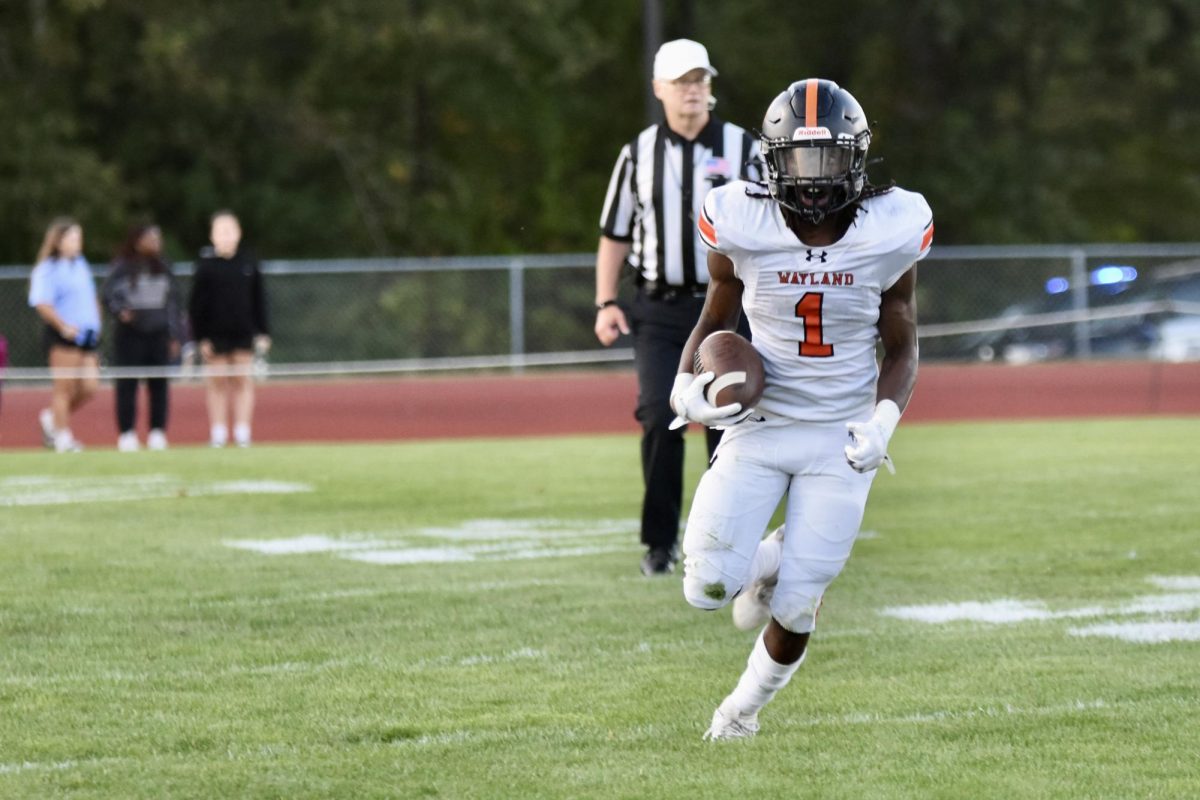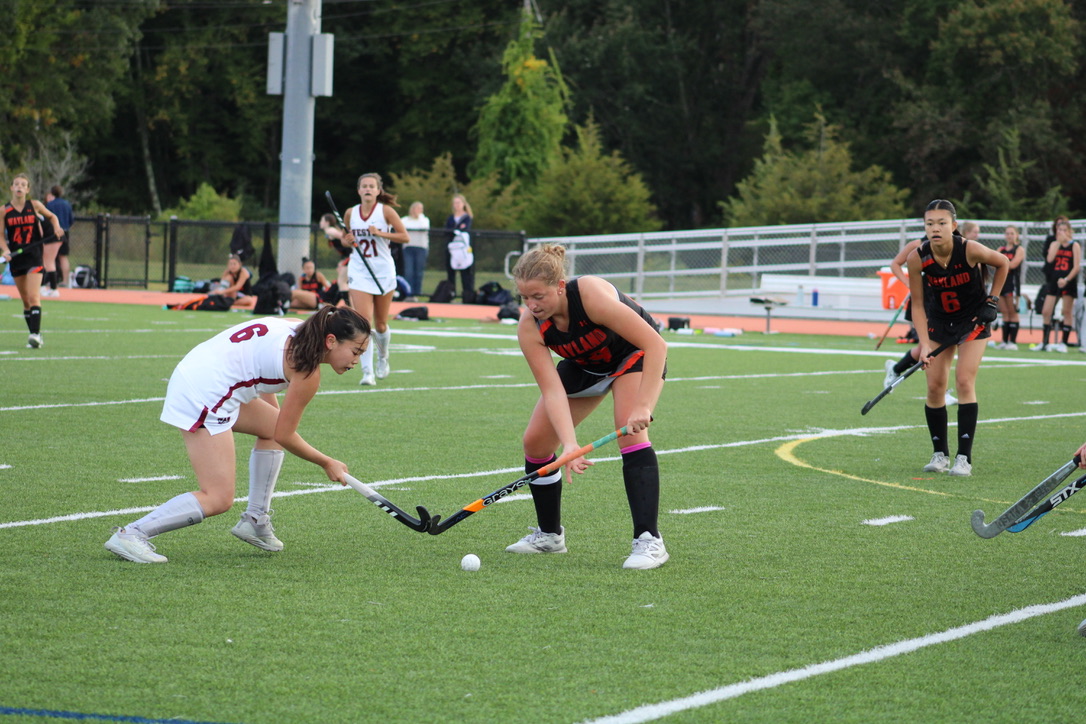Why don’t young people vote? All across the U.S., the voter turnout amongst younger audiences has been drastically lower than that of older audiences. If you try and find out why, you’re greeted by hordes of articles and studies pointing to a variety of reasons. However, this seemingly enigmatic trend has a clear-cut cause: partisan journalism.
Since 1988, the voter turnout amongst those aged 18-29 has been the lowest of all age groups. This long-established trend has been attributed to factors such as political apathy, fear of public opinion and perhaps most importantly, partisan journalism.
Partisan journalism is an approach to reporting news, events and stories that is biased and driven by a political viewpoint. You might have seen examples of partisan journalism in various Fox News articles or even in your daily TikTok feed. Afterall, partisan journalism isn’t restricted to publications. In fact, it’s rampant on social media.
But what is so bad about partisan journalism, and how is it resulting in a disproportionately low number of young voters?
Partisan journalism stems from the inherent misinformation and disinformation that comes with it. According to Matthew Levendusky, a professor of political science at the University of Pennsylvania, it also polarizes America, which in turn drives the spread of fake news and indirectly contributes to a huge wave of misinformation.
Partisan journalism isn’t a rare sight either.
According to Pew Research, about a third (32%) of Americans say they often see political news stories online that are made up. In fact, misinformation associated with partisan journalism has become so widespread that according to a survey led by the Canada Foundation of Innovation, 84% of youths are not sure that they can distinguish true from false content on social media.
So, when there are hundreds of articles pointing to hundreds of random reasons as to why young people don’t vote, my answer is that it’s difficult. With how prevalent partisan journalism has become, it’s difficult to get involved with and be able to feel like you truly understand politics.
How can I differentiate between fact and fiction? How can I tell myself that I’m a republican, or that I’m a democrat, when every single source I turn to slanders the other side? How can I feel confident that if and when I vote, I’m making the correct decision?
Reporting should be for the people. It should inform the people to make proper, informed decisions when voting for a candidate. It shouldn’t be used to divide and sway the public, it most definitely shouldn’t cause young people to throw their votes away.
I find it ironic that news sources can be confused by the disengagement of young voters when the same sources publish article after article of political misinformation. It shouldn’t come as a surprise that young people would rather not vote than make an ill informed decision.
To the many news sources out there, and to the many reporters whose voices influence an entire generation, it has to be better. Stop spreading misinformation to further your cause. Set an example for me, and all of the other aspiring journalists. Be the reporter that your younger self would be proud to be.
And so with the coming 2024 Presidential Elections, I hope that you, the reporters of our country, will guide the millions of newly registered voters to make a choice that is in their best interest.
Stop asking yourself why young people don’t vote. You know why. It’s up to you to break the long-established trend of voter disengagement amongst young people.




























